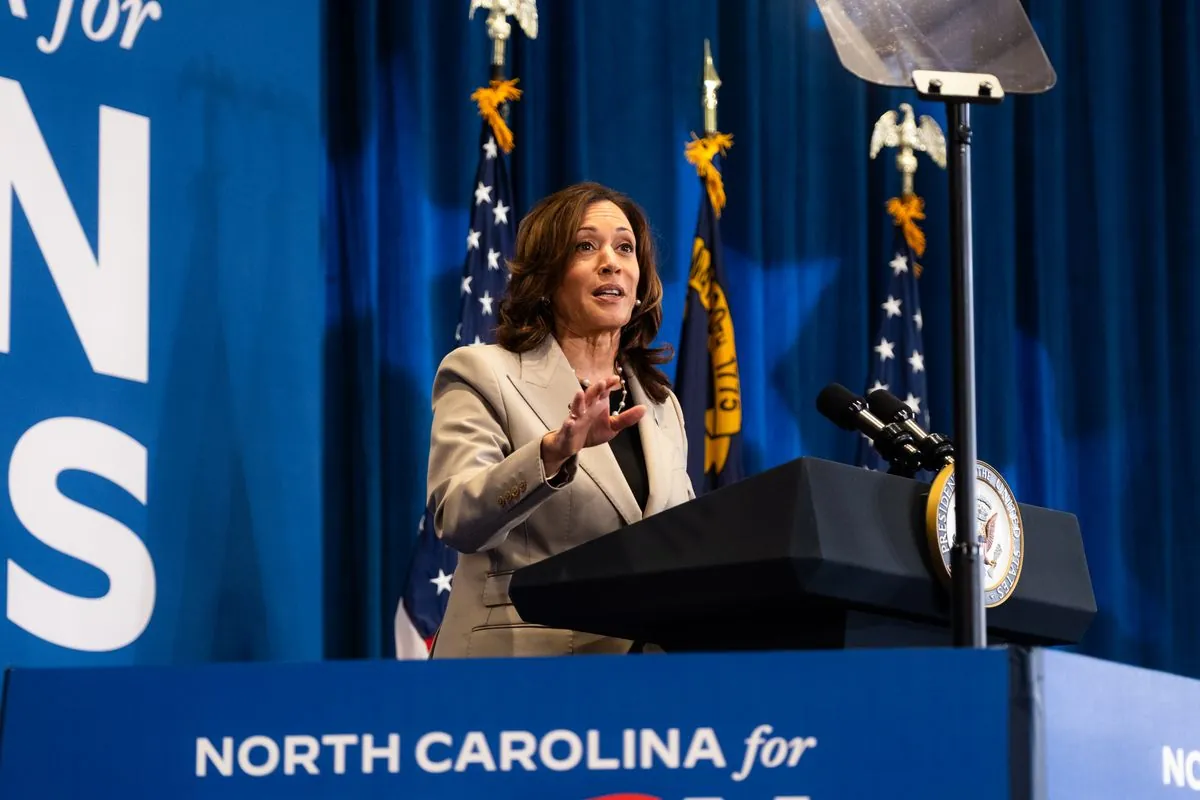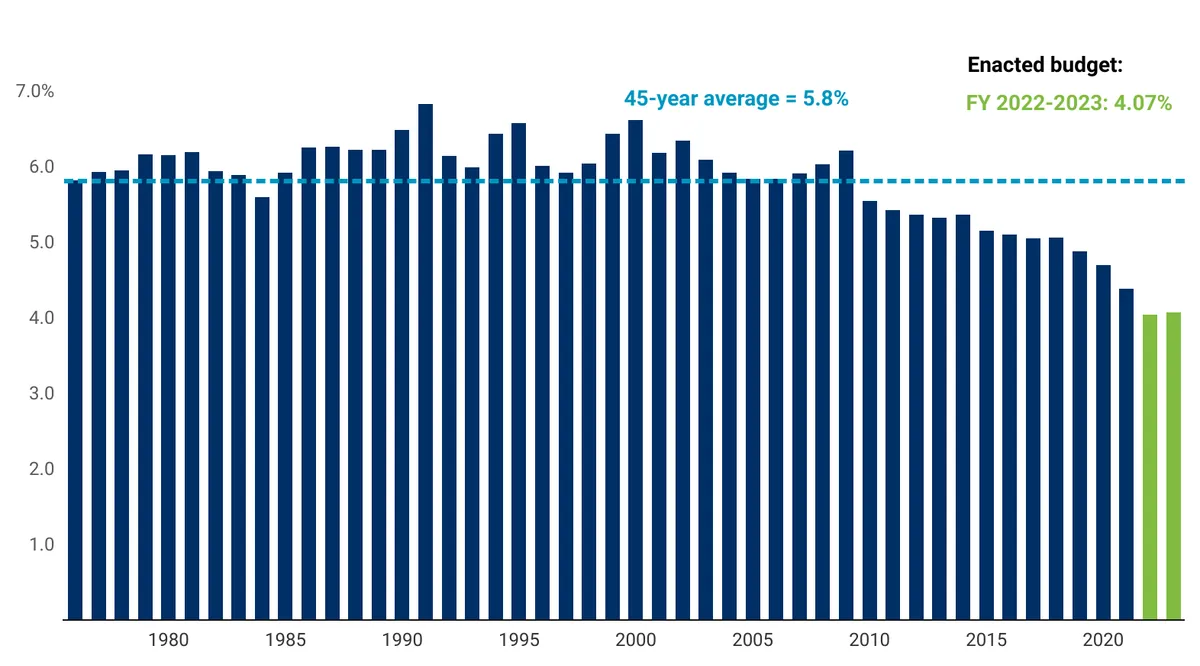Harris Faces Economic Hurdles in North Carolina's High-Tech Job Promise
Vice President Kamala Harris confronts economic challenges in North Carolina as slow rollout of broadband program impacts promised high-tech jobs. Residents grapple with inflation, expressing skepticism about future employment prospects.

In Midland, North Carolina, a town situated approximately 25 miles east of Charlotte, the Biden administration's promise of a high-tech jobs boom through a nationwide broadband initiative has yet to materialize. This situation presents a significant challenge for Vice President Kamala Harris as she campaigns for the presidency.
The Corning factory in Midland, the country's largest producer of fiber-optic cables, stands to benefit from the $42 billion Broadband Equity Access and Deployment (BEAD) program. However, the slow rollout of this initiative has left local residents skeptical about its impact on their immediate economic concerns.
Hailey Wilson, a 32-year-old resident living near the Corning factory, expressed doubt about potential changes under a Harris presidency. Wilson, along with many others in the area, cites inflation as a primary concern and attributes it to the current administration's policies.
The economic landscape in North Carolina reflects broader national trends. According to recent data:
- The median home price in Cabarrus County has risen from approximately $258,000 in 2019 to $408,000 in 2024.
- Median household income in the county increased from $61,500 in 2017 to $79,000 in 2022, as reported by the American Community Survey.

Harris is scheduled to deliver a speech in Raleigh, the state capital, on August 16, 2024, focusing on her plan to lower costs for middle-class families and address corporate price gouging. This approach acknowledges the significance of economic issues for North Carolina voters, with inflation being the top concern according to researchers at East Carolina University.
The BEAD program, often compared to President Franklin D. Roosevelt's 1930s initiative to bring electricity to every American household, aims to connect all homes to high-speed internet while boosting domestic manufacturing. However, the program's implementation has been slower than anticipated, with George Notter, an equity analyst at Jefferies, projecting that most orders won't arrive until 2026.
Corning's history in Midland illustrates the cyclical nature of the tech industry. The company, which invented fiber-optic cables in 1970, has experienced both boom and bust cycles:
- In the late 1990s, Corning invested $600 million in the Midland factory.
- Production began in 2000, coinciding with the dot-com bubble burst.
- The factory closed in 2002, laying off nearly all 550 workers.
- It reopened in 2008 with a limited workforce.
Despite these challenges, there are signs of potential growth. Corning has invested over $500 million in new fiber and cable capacity since 2020, primarily in the United States. The company recently announced a new factory in Hickory, NC, to apply protective coatings on fiber produced in Midland.
"That's why we do what we do, is being able to give our folks on the floor the type of jobs you can build a whole life around."
Local perspectives on the economic situation and political landscape remain mixed. While some residents, like James McAdams, express skepticism about the accessibility of high-tech jobs and prefer Donald Trump's policies, others see potential in the area's development, citing the arrival of businesses like Starbucks as a positive sign.
As the election approaches, the success of the BEAD program and its impact on local economies could play a crucial role in shaping voter sentiment in swing states like North Carolina. The state has only voted for a Democratic presidential candidate twice since 1968, making it a key battleground in the upcoming election.


































